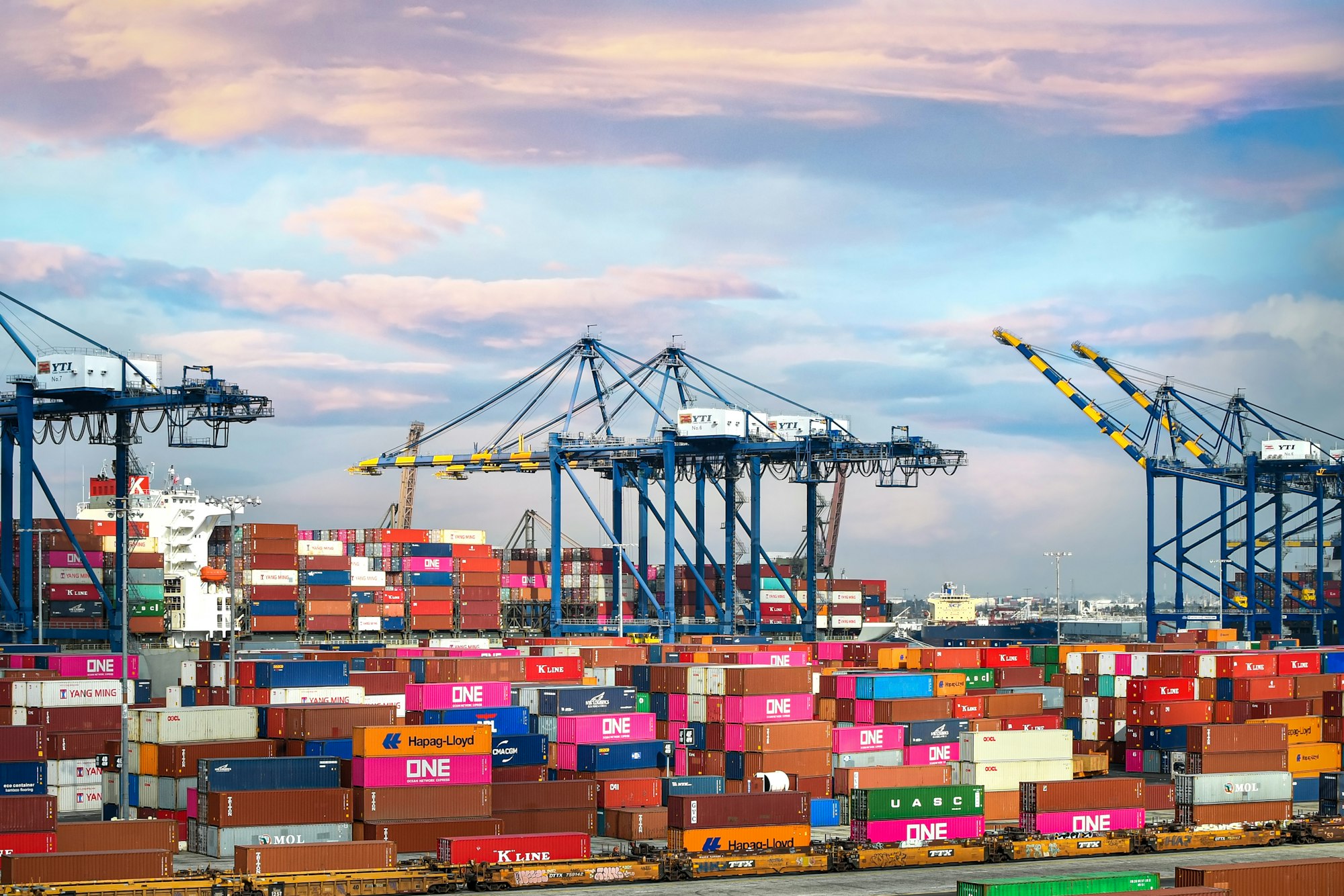Fleeing Away From China
With the outbreak of the COVID-19 pandemic, supply chain disruptions became prevalent, prompting several Western countries to initiate campaigns focused on reshoring and nearshoring. In the United States specifically, the rhetoric surrounding reshoring has emphasized the urgency to accelerate domestic manufacturing of semi-conductors, electric vehicles (EVs), and clean energy.
- The main driving force behind the reshoring efforts has been the recognition of China as a strategic competitor, highlighting the need to reduce dependency on its supplies
- Manufacturers remain concerned about the risks associated with a potential conflict between Taiwan and China, as well as the possibility of China voluntarily decoupling from international trade
- Consequently, the U.S. government has made substantial capital investments to bolster North American supply chains
- For example, the Inflation Reduction Act (IRA) entails nearly $400 billion in federal funding for clean energy initiatives, along with special tax credits allocated to EVs manufactured within the region
- The Chips and Science Act includes over $50 billion in funding specifically dedicated to domestic chip manufacturing
A Long Term Trend
The success of the United States-Mexico-Canada Agreement (USMCA), which took effect on July 1, 2020, plays a vital role in the U.S. reshoring plans. The USMCA serves as a foundation for expanding investments in complex and capital-intensive manufacturing as well as supply chains across North America.
- Nevertheless, despite the subsidies and trade alignment within North America, it remains uncertain whether it is possible to fully replace the supply chains based in China
- While it is still early to make definitive conclusions, David Dollar, a Senior Fellow at the Brookings Institution, highlights evidence in his recent report titled "USMCA Forward 2023" that indicates the resurgence of U.S. manufacturing is not yet visible. Notably, reshoring policies have been in place since 2018
According to David Dollar it is improbable that there will be a widespread reshoring of manufacturing. However, he acknowledges the possibility of subsidizing the growth of specific industries like semi-conductors or electric vehicles. Dollar emphasizes that without a change in the macroeconomic approach, these policies are unlikely to displace other manufacturing sectors, resulting in no significant impact on the overall size of U.S. manufacturing. He emphasizes that there are no free lunches in economic policy, and subsidizing the expansion of one industry, such as semiconductors, will inevitably lead to a reduction in consumption elsewhere and a contraction in other manufacturing sectors.
Reshoring of Manufacturing Jobs
According to the Reshoring Initiative, the trend of bringing manufacturing jobs back to the United States and foreign direct investment (FDI) in manufacturing is surpassing previous records. In the first quarter of 2023 alone, 101,500 jobs were added. If this rate continues, the total number of new job announcements is projected to exceed 400,000 by the end of the year. Since the manufacturing low point in 2010, the cumulative number of jobs brought back to the United States would reach an impressive two million.
- Several factors are driving the shift towards onshore manufacturing, including geopolitical unrest and U.S. incentives for domestic production
- Additionally, companies are recognizing the benefits of improved efficiency, local supply chain development, innovation, and consumer preference for products labeled as "Made in USA."
- However, these government actions, although essential in the short term, are deemed insufficient since they do not address the underlying issue of the U.S.'s uncompetitive cost structure
To achieve a more level playing field in terms of costs, the Reshoring Initiative suggests an industrial policy that encompasses comprehensive actions. These actions could include substantial investments in a skilled workforce, a 25% lower value of the U.S. dollar, and the continuation of immediate expensing of capital investments. Implementing such a policy would aid in improving the competitiveness of U.S. manufacturers and support the reshoring trend.
Disclaimer
Please note that this article does not constitute investment advice in any form. This article is not a research report and is not intended to serve as the basis for any investment decision. All investments involve risk and the past performance of a security or financial product does not guarantee future returns. Investors have to conduct their own research before conducting any transaction. There is always the risk of losing parts or all of your money when you invest in securities or other financial products. Please note that the writer of this article is not registered as a financial advisor.
Credits
Photo by Barrett Ward / Unsplash.






